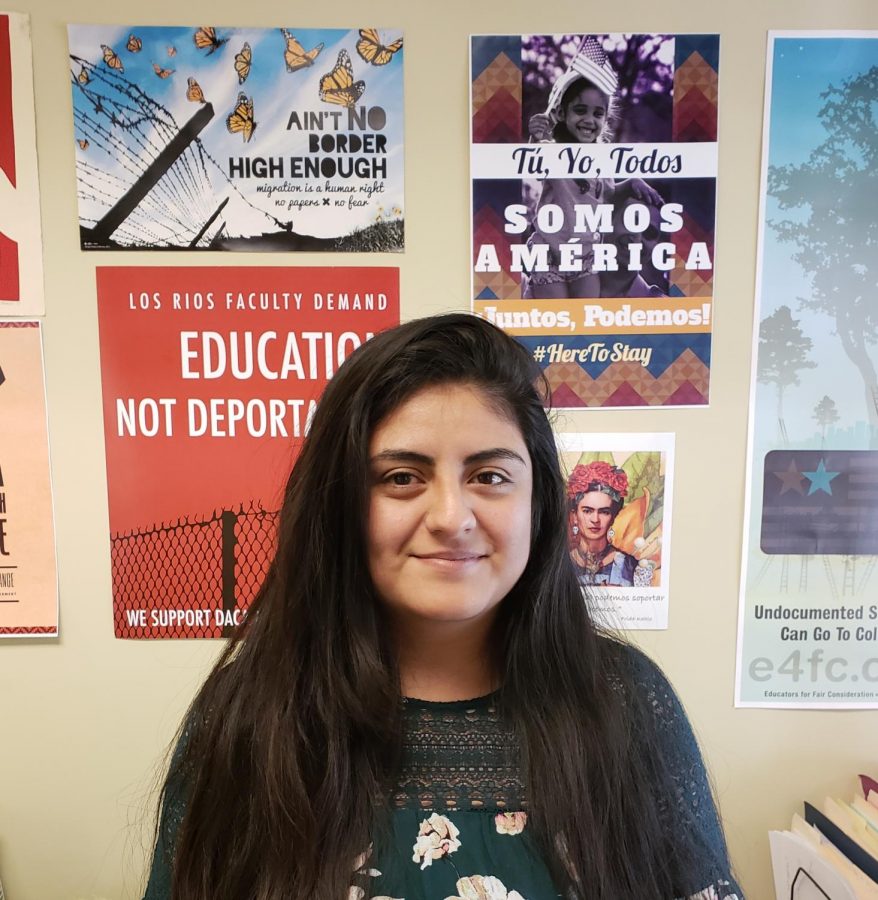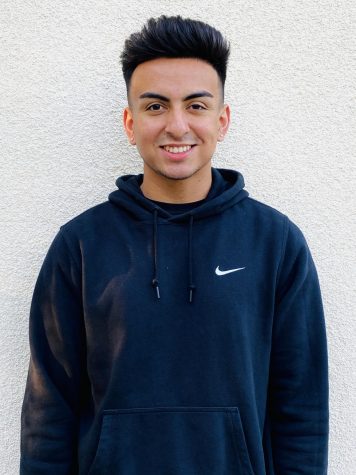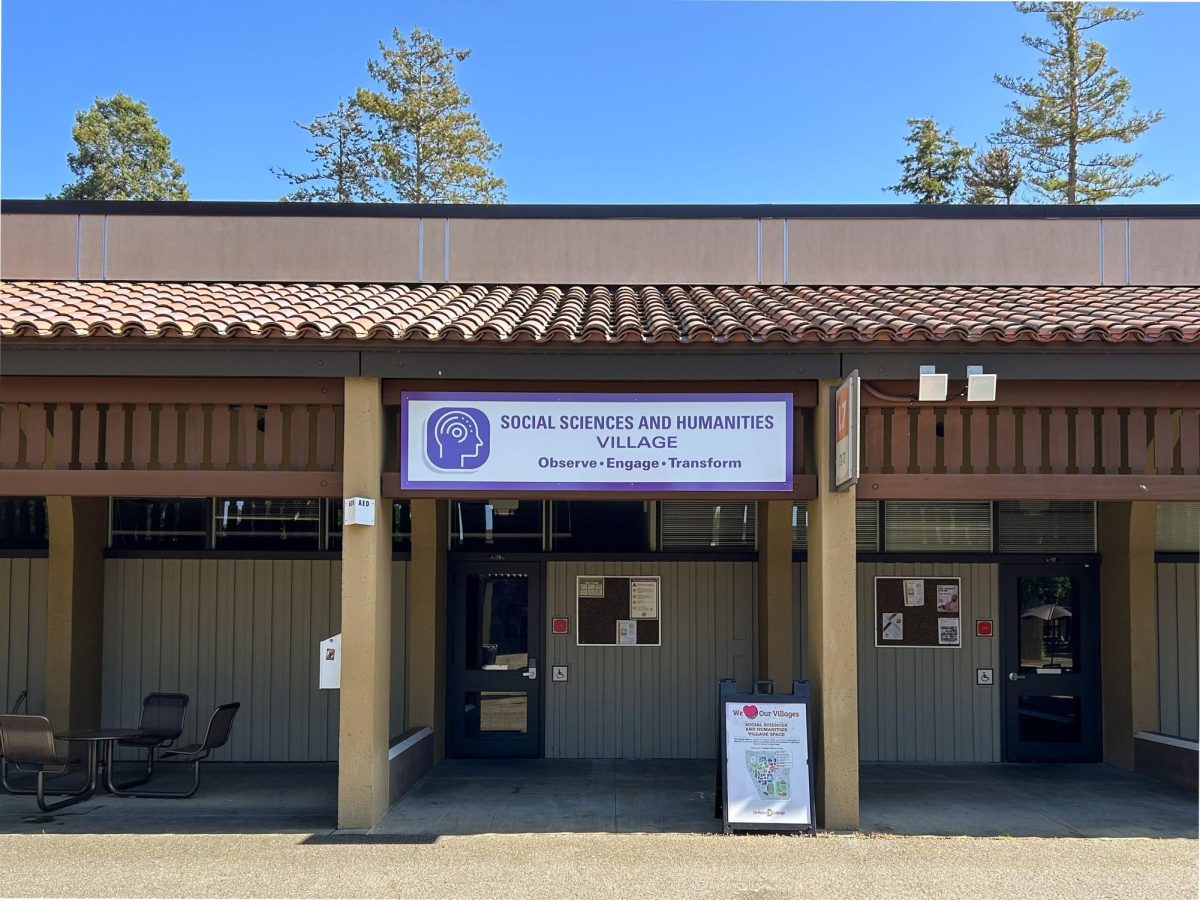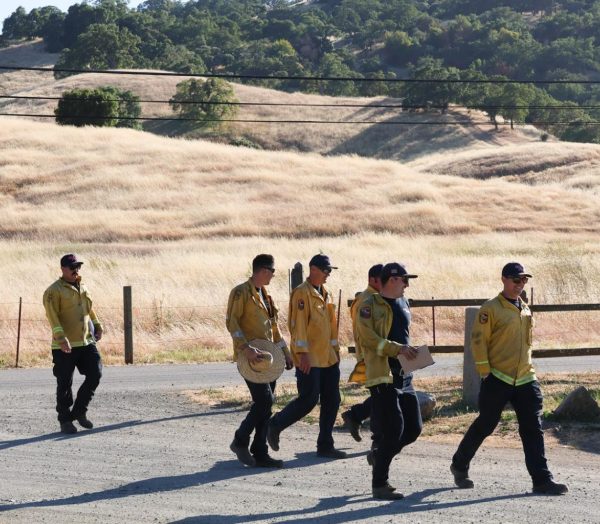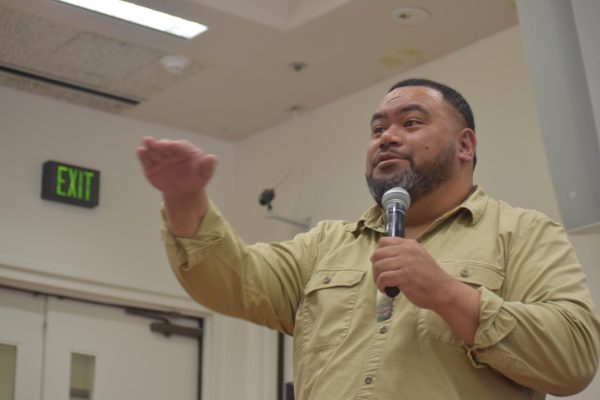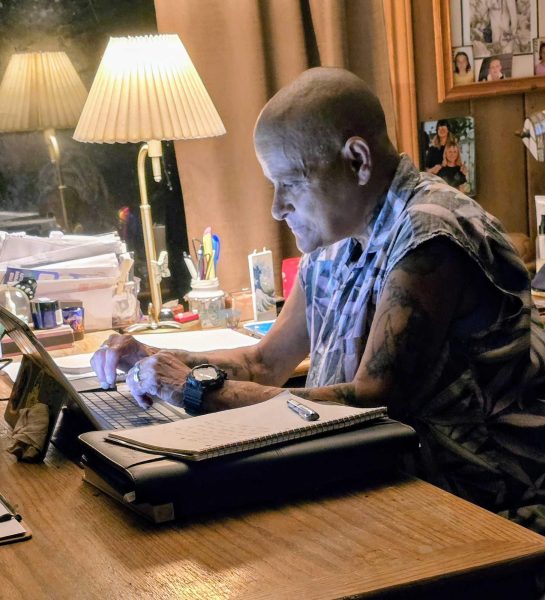HEFAS, VIDA leader aims to dispel fear about rumors of ICE raids
Angélica Esquivel, program coordinator of VIDA and HEFAS director, hopes to dispel rumors of recent ICE threats.
November 19, 2020
Recent ICE threats have resurfaced, following an announcement that it will return to conducting raids similar to ones before the COVID-19 pandemic, sparking fear in the undocumented immigrant community.
Jor
California is the first state to begin ramping up arrests in ‘sanctuary’ cities per President Trump’s request. There have already been numerous arrests in California due to “Operation Rise” that concluded on Oct.7.
When asked about the recent ICE threats, Angélica Esquivel, program coordinator of VIDA and director of HEFAS said, “A lot of times, these things come out to cause fear, one of the strategies for ICE is to cause fear within people who are undocumented.”
With four years coordinating the program, Esquivel expressed the importance of gathering information and making sure there isn’t any unnecessary reason to cause alarm within the community.
“First thing I do when there’s a threat is figure out the policy, we need to make sure that’s the plan and proposal so we don’t spread false information and fear towards families,” Esquivel said. “It makes me physically and emotionally cringe, I want to find the actual policy.”
Similar threats are a common occurrence, but with the transition to online, Esquivel has found it harder to communicate and provide help to students who don’t know what to expect.
“Students are scared about being tracked or recorded over talking about the ICE threats,” Esquivel said. “Online, it’s hard to create a safe space for students because they’re not physically there, even if they’re threats, the fear of ICE still impacts their mental health, life, and academics.”
With the fear of being tracked online limiting communication with students, Esquivel and her team come up with different strategies to protect their students.
“One of the interns is making sure that if there’s something new, they create various forms of communication to give correct and reliable information,” said Esquivel.
Esquivel also said that the programs have just partnered with the Immigration Institute of the Bay Area to help communicate and protect their students while also offering advice to De Anza College and Foothill College students.
Esquivel tries to ensure that students know what ICE can and cannot do.
“I just had a know your rights workshop, making sure they know what their rights are, specifically undocumented,” she said. “I also facilitated an undocumented ally training to insure that faculty and staff know the proper information to support and help students.”
Esquivel and her team want to focus on student connections.
“We definitely need to be more consistent about communication and talking to students because it’s different than it was in person,” she said.



